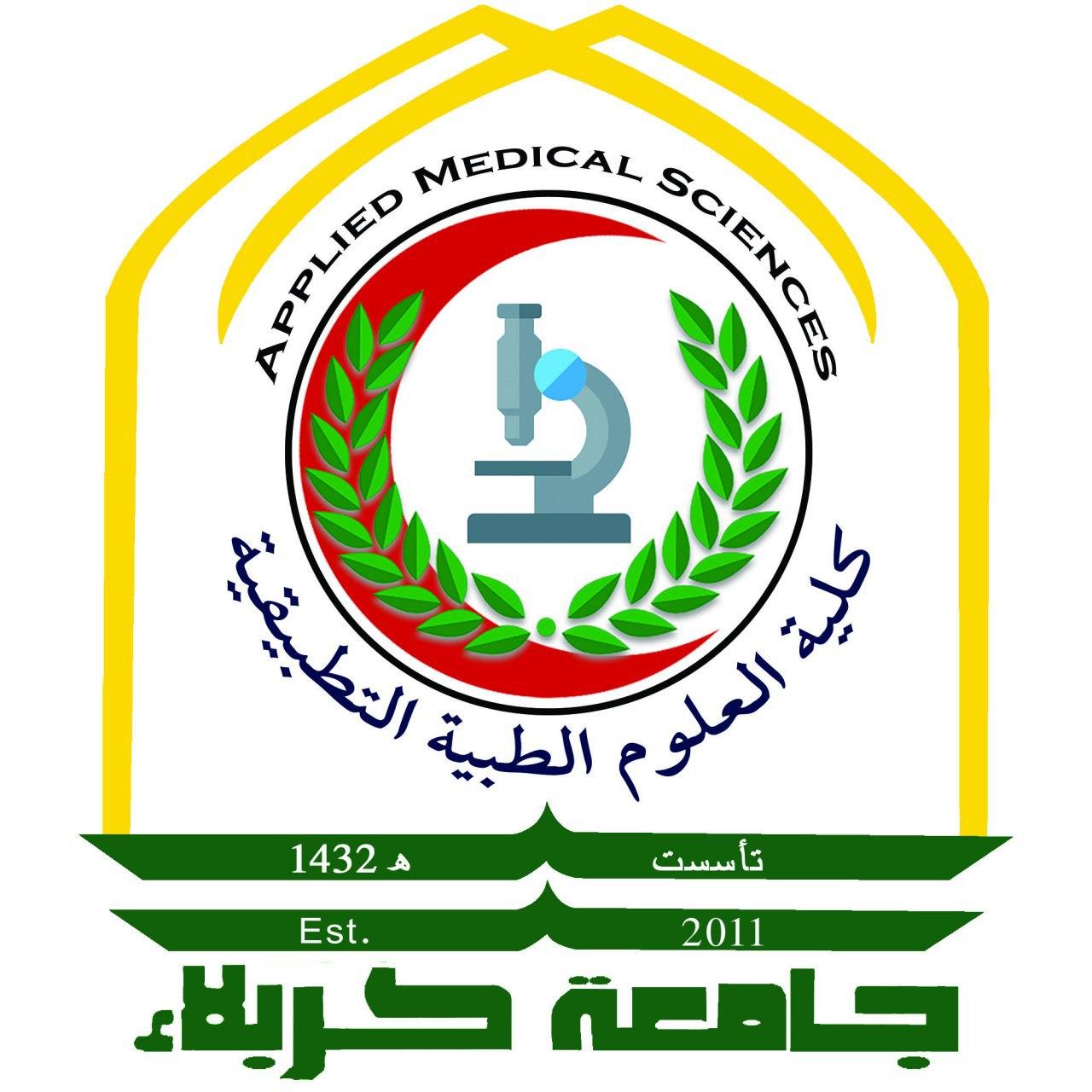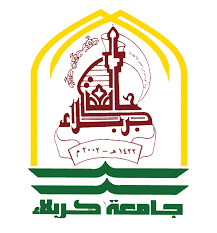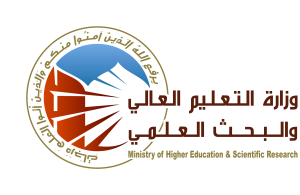Determination of baseline Widal titre in healthy individuals in
Karbala city, South of Iraq
Introduction
Iraq is considered as one of the many endemic countries with
typhoid fever.1 The definitive diagnosis of typhoid fever requires
the isolation of Salmonella enterica serotype typhi from the blood,
feces, urine or other body fluids. In developing countries, facilities
for isolation and culture are often not available especially in
smaller hospitals, and diagnosis relies upon the clinical features of
the disease and the detection of agglutinating antibodies to
S. enterica serotype typhi by the Widal test, which has been used
very extensively in the sero-diagnosis of typhoid fever and, in
developing countries it remains the only practical test available.
Many studies2–6 however, have produced data which have cast
serious doubts on the value of the Widal test. Classically, a
fourfold rise of antibody in paired sera is considered diagnostic
of typhoid fever.7 However, paired sera are often difficult to obtain
and specific chemotherapy has to be instituted on the basis
of a single Widal test. Determination of the baseline titre
of agglutination of antibodies against salmonella typhi and
salmonella paratyphi in healthy individuals in Karbala has not
been established before. Thus, the current study concentrates on
the determination of cutoff value related to this area.






























































